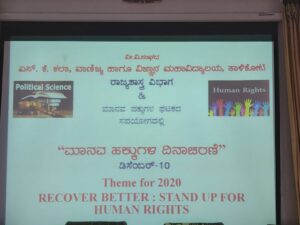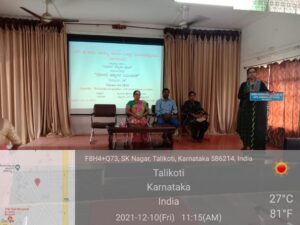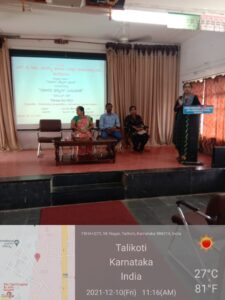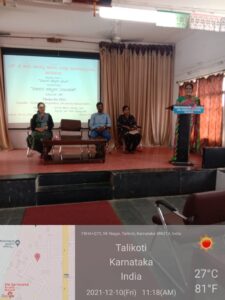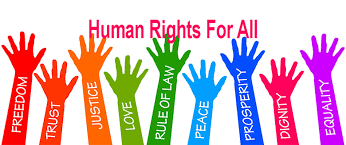
The National Human Rights Commission (NHRC) of India was established on 12 October, 1993. The statute under which it is established is the Protection of Human Rights Act (PHRA), 1993 as amended by the Protection of Human Rights (Amendment) Act, 2006.
It is in conformity with the Paris Principles, adopted at the first international workshop on national institutions for the promotion and protection of human rights held in Paris in October 1991, and endorsed by the General Assembly of the United Nations by its Regulations 48/134 of 20 December, 1993.
The NHRC is an embodiment of India’s concern for the promotion and protection of human rights.
Section 2(1)(d) of the PHRA defines Human Rights as the rights relating to life, liberty, equality and dignity of the individual guaranteed by the Constitution or embodied in the International Covenants and enforceable by courts in India.
The National Human Rights Commission, India has been set up by an Act of Parliament under the Protection of Human Rights Act, 1993 for the protection and promotion of human rights. The functions of the Commission as stated in Section 12 of the Act and apart from enquiry into complaints of violation of human rights or negligence in the prevention of such violation by a public servant, the Commission also studies treaties and international instruments on human rights and make recommendations for their effective implementation to the Government.
The Commission is responsible for spreading of human rights awareness amongst the masses and encouraging the efforts of all stake holders in the field of human rights literacy not only at the national level but at international level too. NHRC is a unique institution because it is one of the few National Human Rights Institutes (NHRIs) in the world whose Chairperson is the former Chief Justice of the country. The world looks at NHRC of India as a role model in promoting and monitoring effective implementation of promotion and protection of human rights.
Section 2(1) (d) of the PHR Act defines Human Rights as the rights relating to life, liberty, equality and dignity of the individual guaranteed by the Constitution or embodied in the International Covenants and enforceable by courts in India.
The NHRC, India plays an active role in coordinating with other NHRIs of the world to enhance awareness from the perspective of human rights. It has also hosted delegations from UN Bodies and other National Human Rights Commissions as well as members of civil society, lawyers and political and social activists from many countries.
- To educate and create greater awareness of human rights.
- To study and examine cases of human rights in and around the campus.
- To create a network with other organizations for working in the spirit of solidarity.
- To work for ensuring that basic human rights are respected everywhere.
- To train the young men and women for facing the challenges of the pluralistic society and the rising conflicts in the name of particularistic loyalties to caste, religion, region and culture.
- To foster a climate of understanding and mutual respect for the dignity and rights of each individual.
- To prevent, report and discourage discrimination and harassment by others.
- To uplift the universal responsibilities of human beings in the society such as ethnicity, nationality, religion or sex.




